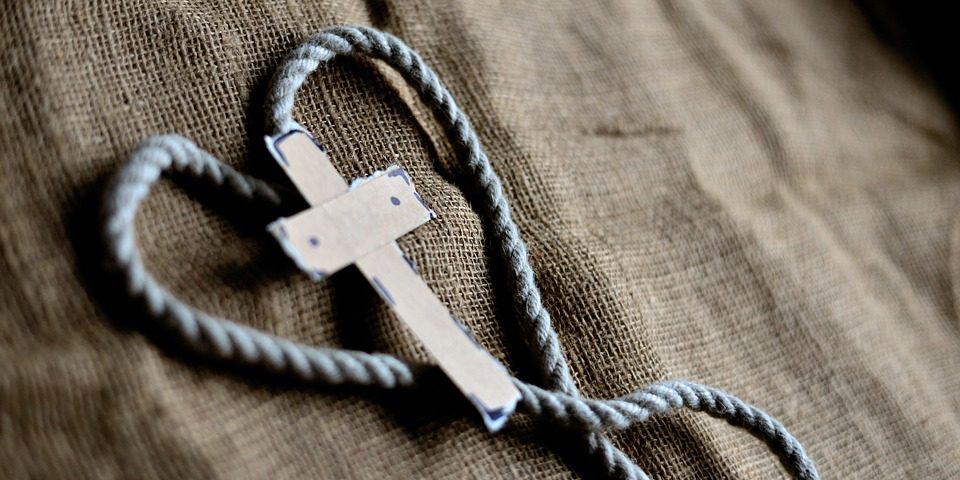As a priest, part of my gig is listening to people tell me their sins.
Each week, for hours in the confessional, I simply sit and listen. They come in all sorts: the rich and the poor, the very young and the very ancient, the scrupulous and the pharisaical, the convicted and the contrite. They all tell me their sins, at least as they imagine them. They come because they want absolution, some sort of peace, or the ease of an anxious conscience.
And to be honest, it’s boring, very boring.
But here’s the strange thing. The overall effect of this experience for me has been to love these people, to love humanity in general, and even this bitter, ugly world. The effect has been to love them more, not less. Hearing all this sin has given me hope.
Now this is a column, not a pulpit, and I don’t want to preach. I simply want to say that because of my experience, I think there’s reason for hope: for me, for you, for all of us. I’m speaking in religious terms, and I know that’s difficult for many, but what I’m talking about is also social virtue, hope meant for all of us.
In this world of bitterness and wickedness, conflict and sin, this angry world of pathetic hellish tedium, there is still reason for hope: not immediately in politicians or elections, of course, nor in any movements or philosophies, but in us. That is, in our consciences, which are still sensitive in most of us and which have yet to be explained away.
Pick your villain, whomever it is. Name a problem, whatever it is. In each there’s still truth, in each a good and an evil at war. The selfish git who knows no one likes him; the everyday bigot who knows he’s trapped by fear; the fleshly addict of whatever kind — each is in a battle with himself, each worthier of pity and love than hate and ridicule. This is our real democracy, our common but varied criminality. And it’s what we should remember the next time we excoriate our usual favorite fools.
Because for all the tabloids, Twitter-shaming and hashtag righteousness, it’s the only thing that will help us make the world better, the truth that we’re all sinners, that even in the worst there is still some good, some possibility of redemption. Again, translate this into secular language if you must; it’s true however you write it. And it’s the only truth that can help us get past the bitterness, this truly hellish tit-for-tat, this endless fight for the last word, the truth absent the abyss of social media, the truth of redemption.
Which is why today I’m thankful for the boring sinners who come to me, for what they teach me and give me. That’s the beautiful lesson. And it’s why, for their sin and stupidity, so much like my own, I’m grateful.
This column originally appeared in the Dallas Morning News.










